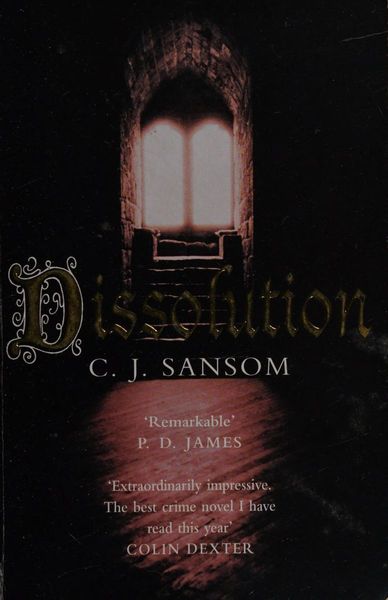Reviews
Jaclyn Rye@jackierabbit
Lugo@braian
Lucy Mills-Taylor@tiercel05
Sarah Christine Gill@Gilly
Emmett@rookbones
Sian Wadey@sianwadeykerr
Emmett@rookbones
Sara @moonchild9x
Christine Liu@christineliu
Jemima Scott@readwithmims
Wonko the Sane@wonko
Daniel Feldt@dafeld
Alan@alancph
Barbara@brubru
Daniel Feldt@dafeld
Elizabeth Hagenlocher@luckylulureads
Cams Campbell@cams
Michael W@mrwool
Amanda S@amandas
Abi Venukumar@abi
Merel Pattyn@blackbird401
Sarah Escorsa@shrimpy
Bee @izziewithay
Loic Beylot@lamicio
Highlights
Jemima Scott@readwithmims
Page 252
